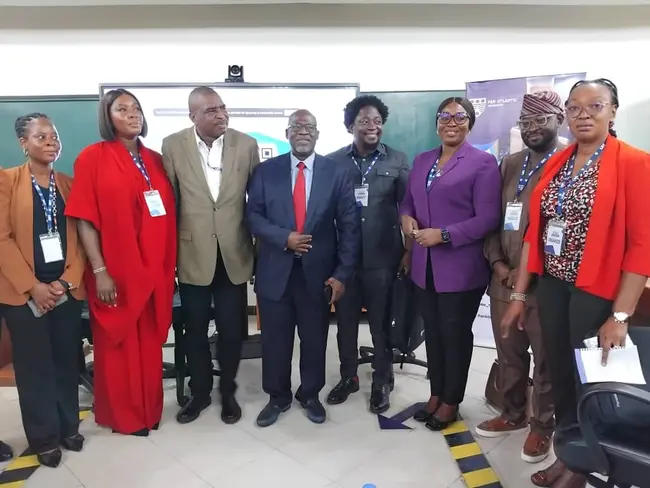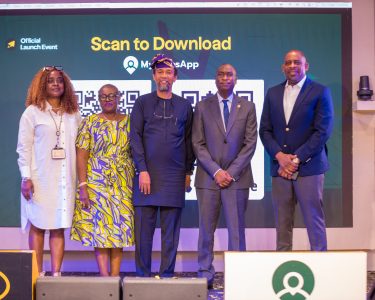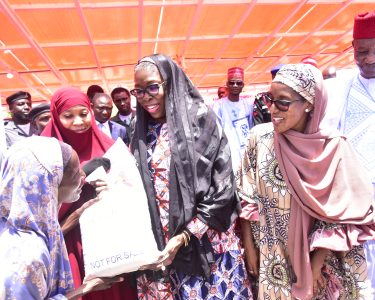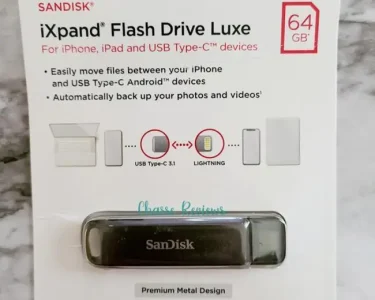PAU MEDIA ROUNDTABLE
The Media and Government own Nigerians responsible dissemination of information for the people to enjoy good governance, and key to this is the need for constructive engagement between the duo.
Thoughts on the quest for constructive media engagement in governance for the good of nation building were what formed discourse at the Pan-Atlantic University (PAU) second edition of its annual Media Roundtable, with the theme: “Beyond Critique: The Importance of Constructive Media Engagement in Governance and Nation-Building.”
While there were different views expressed by the panelists drawn from the media, academia and government, they however noted that there must be engagement between the media and government for the Nigerian people to enjoy the rewards of democracy.
According to a two-time former commissioner of Delta State and Chairman of Inspire Group, Mr. Magnus Onyibe, there are indeed biases in the reportage of the media irrespective of the ownership pattern saying that should not be but that the media should be fair to all sides in their reporting.
He noted that regulation of the media plays a key role in ensuring that those biases are taken care of saying that there are situations where government don’t respond to media enquiry but that the news still must balance.
Speaking on job migration, he said that those who have left the media to pick up appointment in the media must play by the rule of the media in ensuring fruitful government-media engagement adding that they must seek to protect the interest of the journalists, as former journalist.
Addressing particularly those at the National Assembly, he said that they must strive to build the confidence of the media in the Government of the day stating that there is the need for the media to build relationship with the Government and vice versa.
And from the academic perspective, a don of the School of Media and Communication, Pan-Atlantic University, Dr Margaret Agada-Mba said that the Government must see the media as a development partner, saying that however that presenting there is a mistrust between the Government and the media.
Head of Programmes, News Central, Mrs Tolulope Adeleru-Balogun kicked against the restriction put by the Government on the media, saying that the nation will not get the desired change if there are restriction on the media by the government.
According to her, government intentional hold-back information from the media, and that is what usually leads to the emergence of fake news adding however that Artificial Intelligence, (AI) is changing the media landscape.
She said that the media is no longer a gate-keeper due to the reign of citizenship journalism stating that the role of journalists as truth-tellers is to present news with honesty and transparency.
Adeleru-Balogun stressed the need for the responsibility of senior journalists to mentor the next generation adding, “There has to be a space for the transference of the values that make journalism what it is.”
Founder, Foundation for Investigative Journalism -FIJ), Mr Fisayo Soyombo said there is no need for the journalist to support any political ideology, noting that the journalist must not be seen in writing to be supporting any political party.
According to him, the journalist is been harassed by the Government so that he will stop pursuing the truth saying that the journalist’s role in uncovering the truth and presenting it to the public is what make the Government uncomfortable.
Broadcast Journalist, Nigeria Info, Mr Sherriff Quadry, described the journalist as watch-dog that the Government must not be allowed to cage noting that responsibility of journalists is to ensure that their work positively impacts society, cautioning that reports should foster development rather than create chaos.
Earlier in his welcome address, Dr Peter Bankole, the Deputy Vice-Chancellor (Admin) of Pan-Atlantic University, harped on the power of truthful and transparent reporting urging that the media must say and write the truth in a transparent, and reliable form.
He said that speaking the truth will change the narrative and promote constructive engagement instead of blind criticism.





